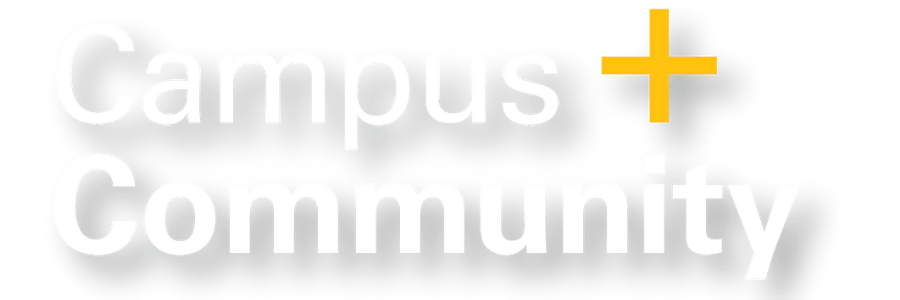Making Agricultural Trade Sustainable (MATS) project’s goal is to identify key leverage points for changes in global agricultural trade policy that foster positive impacts of trade on sustainable development and human rights while reducing negative impacts. The project centers key United Nations sustainable development goals (SDG) including: 1) ending poverty, 2) ending hunger and malnutrition, 3) ensuring healthy lives at all ages, 6) access to safe and affordable water and sanitation, 13) combatting climate change, and 15) life on the land – protecting, restoring, and promoting sustainable ecosystems.
Professor Galina Hale’s involvement in the project came from her rather new interest in sustainability of global food systems. Her unique contribution to the discussion was related to the potential financial implications of proposed policy recommendations. Learning from traditional communities is key to agricultural sustainability. Hale met with multiple community partners from different case studies and was lucky enough to attend a meeting for a coffee cooperative in Tanzania as well as a large European-owned coffee plantation next door. She finds it illuminating that traditional practices are often sustainable practices that the project wants to implement going forward.
Aspirations for new trade policies
MATS project aims to set a new benchmark in trade policy analysis. It not only conducts orthodox quantitative analysis to identify major trends in international trade relations and their general effects, but also identifies impacts that trade agreements have by co-creating and applying new participatory tools and methods in trade-related analyses.
MATS project seeks to transcend beyond previous quantitative, econometric and model-based analyses. Inter-disciplinary in approach, MATS project combines analyses from agricultural economics, sustainable development research, and trade and market modelling with research on institutional, regulatory and legal frame-works to broaden and deepen earlier analyses and make policy recommendations. The project partners aim to inform relevant debates and policy developments based on this diverse portfolio of perspectives.
MATS project wants to contribute to the development of a fair-trade system that supports local development and promote labour and human rights on a global level. International and national food security regulations are considered to study the relationship between possible conflicts amongst diverging policy objectives, measures and subsidies, and their respective impact on climate mitigation efforts and the economic development of poor countries.
Multi-national collaboration
MATS project is a large project financed by the European Commission and managed out of the University of Helsinki. Hale’s role on the project was that of a Project Advisory Group member. This multi-year project included 15 case study teams that all had community partners in various countries in Africa, EU, as well as Brazil. Community-engaged work was key to every single case study. In addition to local communities in case studies destination, the work was supported by multinational NGOs such as Oxfam and a large group of research centers and Universities. This interdisciplinary project included a range of talents including technical modeling, international law, agronomy, sociology, statistics, economics, and climate science.

Community partners
Each case study had a community partner that was an equal partner with researchers on analyzing their specific sustainability issues. Regular conferences were held in person and online so that every partner had a chance to contribute to the discussion. All community partners were involved in visioning and roadmapping workshops. That way all voices were heard and all points of views were considered in forming policy recommendations.
Project highlights
The final conference of the project was held at the European Commission in Brussels with key policymakers present and involved in the discussion of key takeways and policy recommendations. Much of the discussion was very candid, with African delegations expressing very strong views on how welfare of the farmers in their countries needs to be taken into account when Europe discusses its policy goals. Such interactions are unlikely to occur without institutional support such as MATS project that literally put people in the same room and introduced tough questions for discussion.

Future direction
The project is now wrapping up, but a small group of participants is continuing to work on related issues. Hale is working with the group leader Bodo Steiner and several technical advisors on developing a framework and eventually an online platform to help farmers define and finance transition to more sustainable farming.
Questions? Contact us.
Professor Galina Hale, gbhale@ucsc.edu | Making Agricultural Trade Sustainable (MATS), bodo.steiner@helsinki.fi
